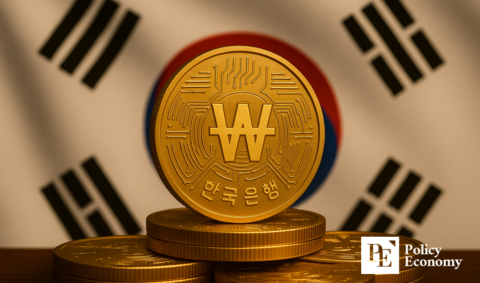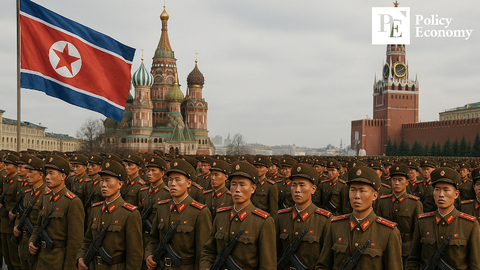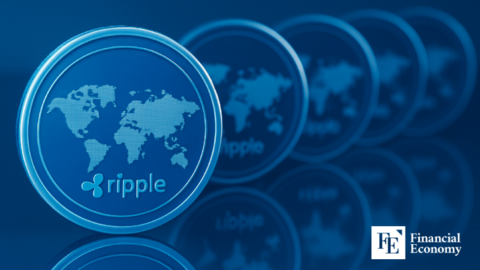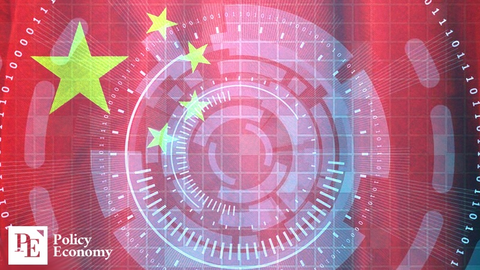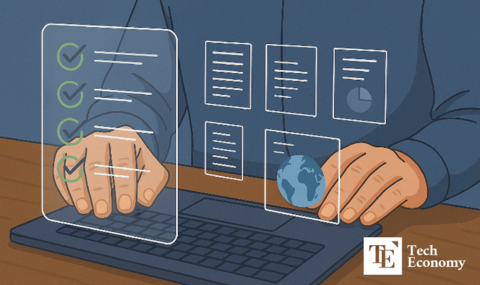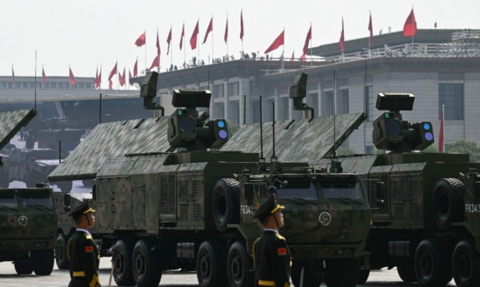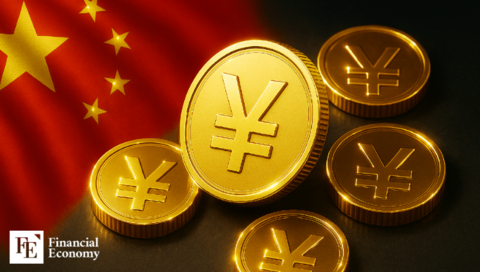"Moving Beyond Old Disputes to Focus on National Interests" — UK and EU Strengthen Security and Economic Ties Five Years After Brexit
Input
Changed
The Most Significant Realignment Since the 2020 Withdrawal Brexit Created New Borders, Causing a 21% Drop in Exports UK Finance Minister: "₩168 Trillion Economic Benefit Over 15 Years"
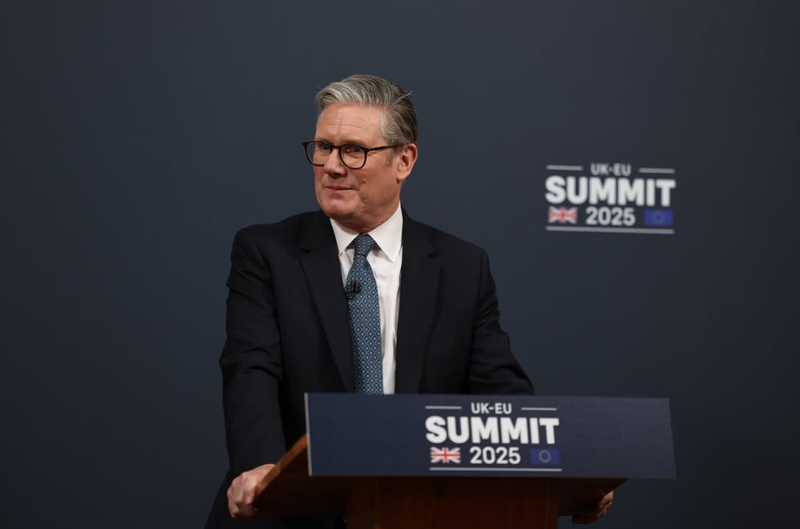
Five years after their historic split, the United Kingdom and the European Union are charting a new course together—one that puts pragmatism ahead of past politics. On May 19, leaders from both sides gathered in London to reset their post-Brexit relationship, sealing a broad agreement that promises to ease economic friction, reforge defense ties, and boost regional stability.
The recalibration comes amid a shifting global landscape: Russia’s war in Ukraine continues to destabilize Europe’s security architecture, while U.S. President Donald Trump’s return to the White House has reignited anxieties over weakened transatlantic cooperation. With economic pressures mounting and uncertainty on the rise, the UK’s Labour government led by Prime Minister Keir Starmer has made a strategic bet—that closer ties with the EU can deliver both security and prosperity without reigniting the divisive debates of the Brexit era.
A Renewed Strategic Partnership in a Volatile World
At the London summit, Prime Minister Starmer, European Commission President Ursula von der Leyen, and European Council President António Costa presented a united front. Starmer declared, “Now is the time to move forward,” urging both sides to leave behind “outdated debates and political squabbles” in favor of common-sense, practical solutions that serve their citizens. Describing the agreement as a “win-win,” he emphasized that it marks the beginning of “a new era” in UK-EU relations.
Von der Leyen echoed the sentiment, calling the day “tremendous” as both sides “turn a page and open a new chapter.” She highlighted the urgency of the moment, stating, “In an age of global instability and as our continent faces its greatest threats in generations, we Europeans must stand together. A strong EU-UK relationship is fundamentally important to our security, prosperity, and shared destiny.”
This sentiment reflects the evolving geopolitical reality. Russia’s aggression has made collective defense in Europe more urgent, while Trump’s renewed isolationism has cast a shadow over NATO’s cohesion. For the UK, which formally left the EU in 2020, a return to economic and security alignment is not just diplomatic—it’s essential. The Labour government now faces a critical test: can easing trade barriers with the EU be the breakthrough needed to reverse years of sluggish growth?
Financially, the stakes are significant. The UK government anticipates that the agreement could generate £90 billion (₩167.8 trillion) in economic benefits by 2040. Although Starmer initially cited a lower figure of £9 billion, Treasury Secretary Darren Jones clarified that the long-term gains—aggregated over 15 years—are expected to reach £90 billion. This projection has bolstered hopes that closer integration with Europe might help the UK regain its economic footing after years of turbulence.
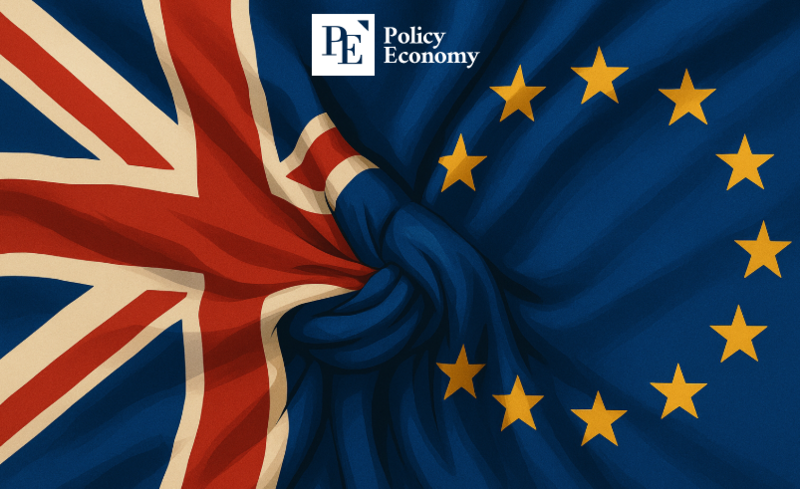
Easing Borders, Rebuilding Trust, and Sharing Security
One of the most impactful components of the agreement lies in its extensive easing of trade regulations. Since Brexit, the return of practical border controls has deeply affected commerce. According to The New York Times, UK exports to the EU dropped by 21%, and imports by 7%. The new deal seeks to reverse this by eliminating routine border checks on animal- and plant-based products and re-aligning with EU standards. This change will reduce bureaucracy, cut costs, and open markets for key British sectors.
Farmers and food producers, particularly hard-hit by post-Brexit red tape, are set to benefit from streamlined safety certification. British producers can now export fresh food—such as seafood and burgers—once again, and the EU’s ban on chilled meat products like sausages and minced beef from the UK will be lifted. The agreement also promises to save British steel producers £25 million annually by aligning with EU regulations.
In exchange, the UK agreed to extend its existing fisheries agreement with the EU by 12 years, allowing EU boats continued access to British waters until 2038. Though fishing represents just 0.4% of the UK’s GDP, the sector has long carried symbolic weight for Brexit supporters who championed sovereignty over national waters.
Beyond economics, the agreement makes significant strides in defense and security. The UK will regain access to the EU’s €150 billion rearmament fund, a move made possible by re-entering collaborative security frameworks. Central to this is the EU’s upcoming SAFE (Security Action For Europe) initiative, which aims to pool resources for joint arms procurement. British defense firms are now eligible to participate, with potential profits estimated at £10 billion. Specific terms, including financial contributions, remain under negotiation.
The two sides also pledged deeper cooperation in security areas ranging from cyber and maritime defense to support for Ukraine and joint space initiatives. Notably, collaboration on military mobility—critical in a time of heightened tension with Russia—is back on the table.
The agreement extends beyond military and economic considerations to human mobility and education. UK citizens will soon be able to use automated e-gates when traveling to EU countries, and both sides agreed to ease visa restrictions for young adults aged 18–30. This will allow temporary work and residence across borders. Additionally, the UK will seek to rejoin Erasmus+, the EU’s flagship student exchange program—further signaling a return to softer, people-centered diplomacy.
Resistance at Home, But a Clear Path Forward
Despite the agreement’s breadth and projected benefits, it has not gone unchallenged. Within the UK, Brexit hardliners have voiced fierce opposition. Nigel Farage, head of the far-right Reform Party and a leading figure in the Brexit campaign, denounced the deal as a “dreadful surrender.” He accused the government of betraying British fishermen and warned that the extension of fishing rights would “spell the end of the fishing industry.” Though economically marginal, fisheries remain a symbolic pillar of Brexit identity.
Former Prime Minister Boris Johnson joined the criticism, remarking in a media interview, “I don’t understand why Keir Starmer is throwing himself into the arms of the uncompetitive, low-growth EU.” His remarks reflect a lingering resistance among parts of the political establishment to rekindling close ties with Europe.
Yet these criticisms are unlikely to derail the agreement. Starmer’s Labour Party commands a dominant majority in Parliament, holding 411 of the 650 seats. As such, the deal is expected to pass without major obstacles.
David Henig, a researcher with the European Centre for International Political Economy, put the debate into perspective. “Most people in the UK will now feel it’s time to move on,” he said. “EU regulations will always spark some controversy, but for a country like the UK, which conducts 50% of its trade with the EU, complete decoupling is simply not a realistic option.”
In the end, the new agreement reflects more than diplomatic compromise—it signals a maturing of the post-Brexit relationship. Faced with shared global threats and domestic economic pressures, the UK and EU are no longer adversaries across a Channel of ideology. Instead, they are cautiously rediscovering common ground, not by resurrecting the past, but by building a future driven by mutual interest, stability, and strategic realism.

